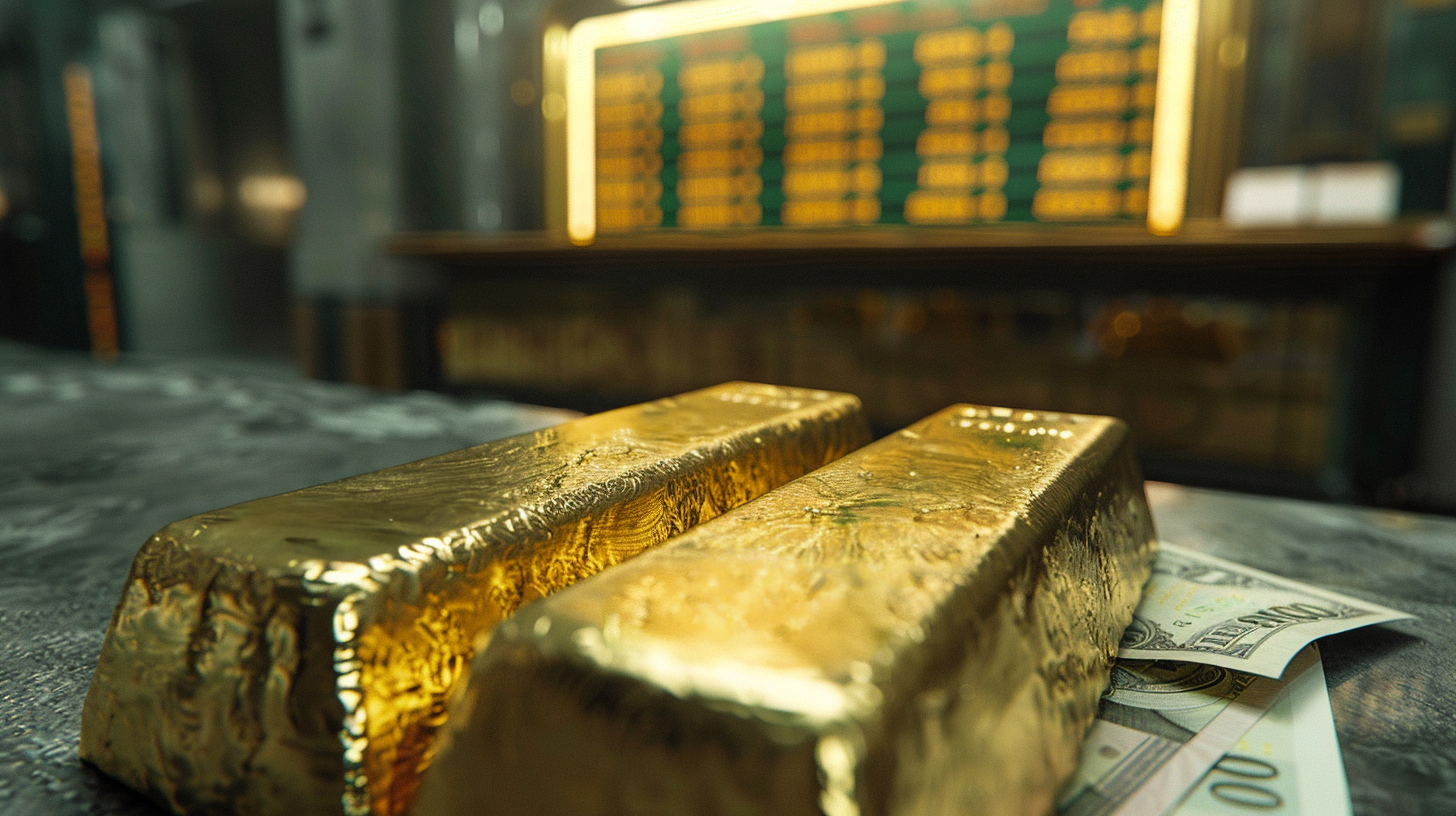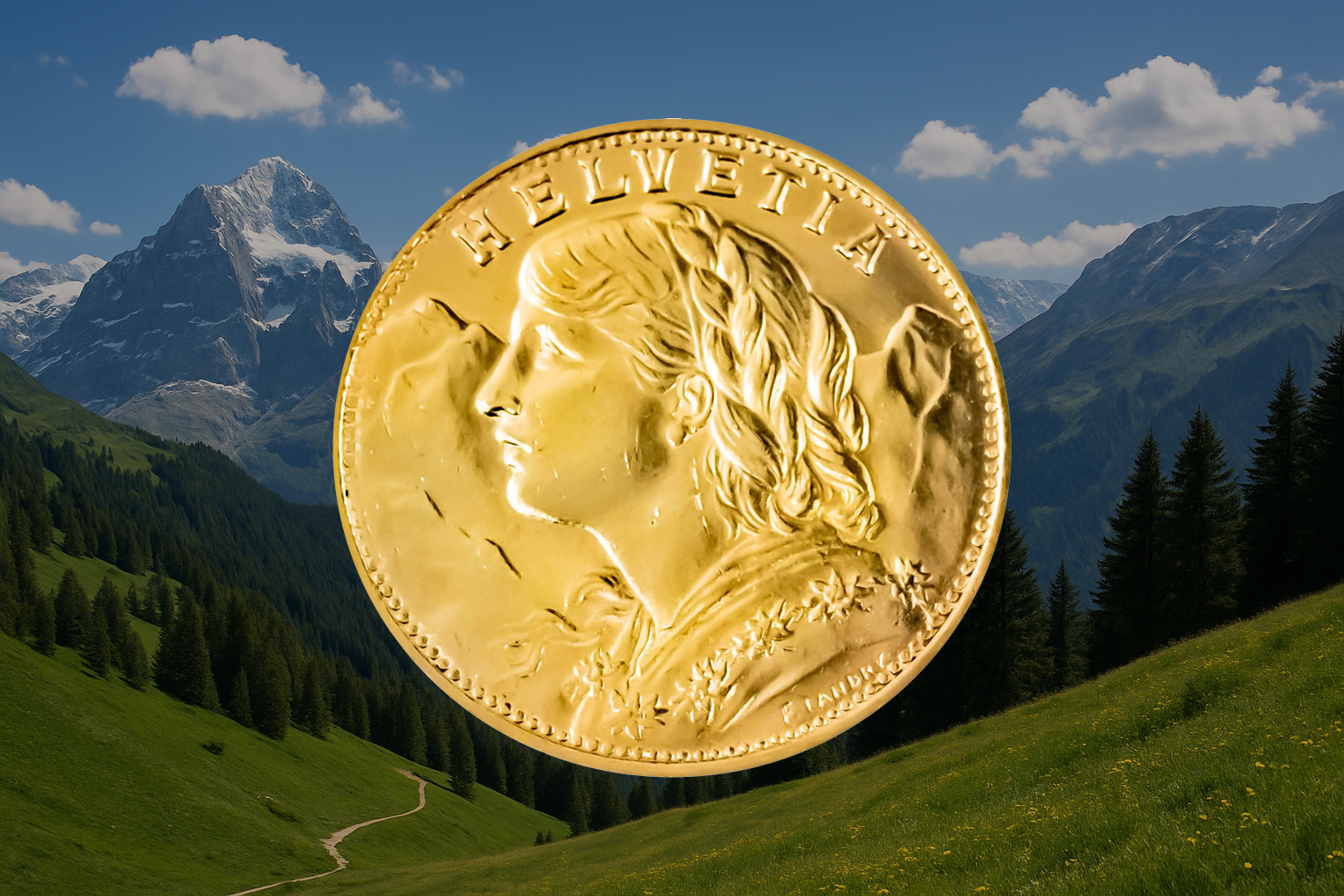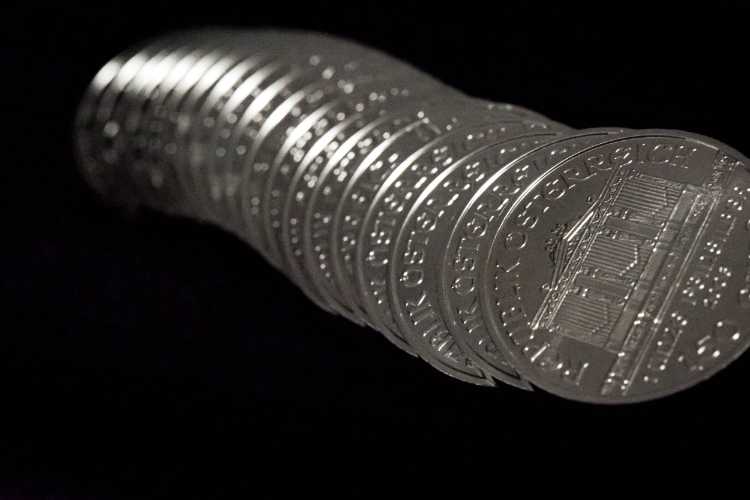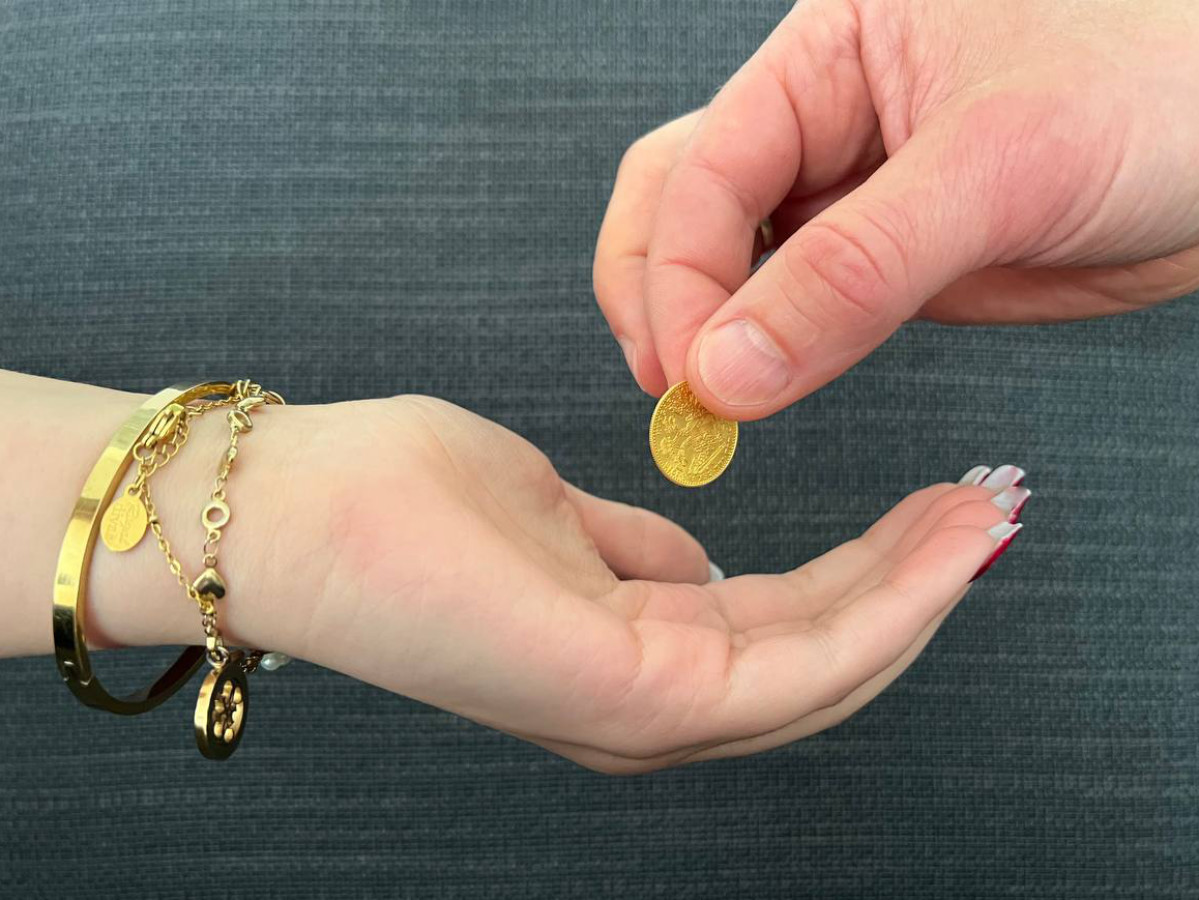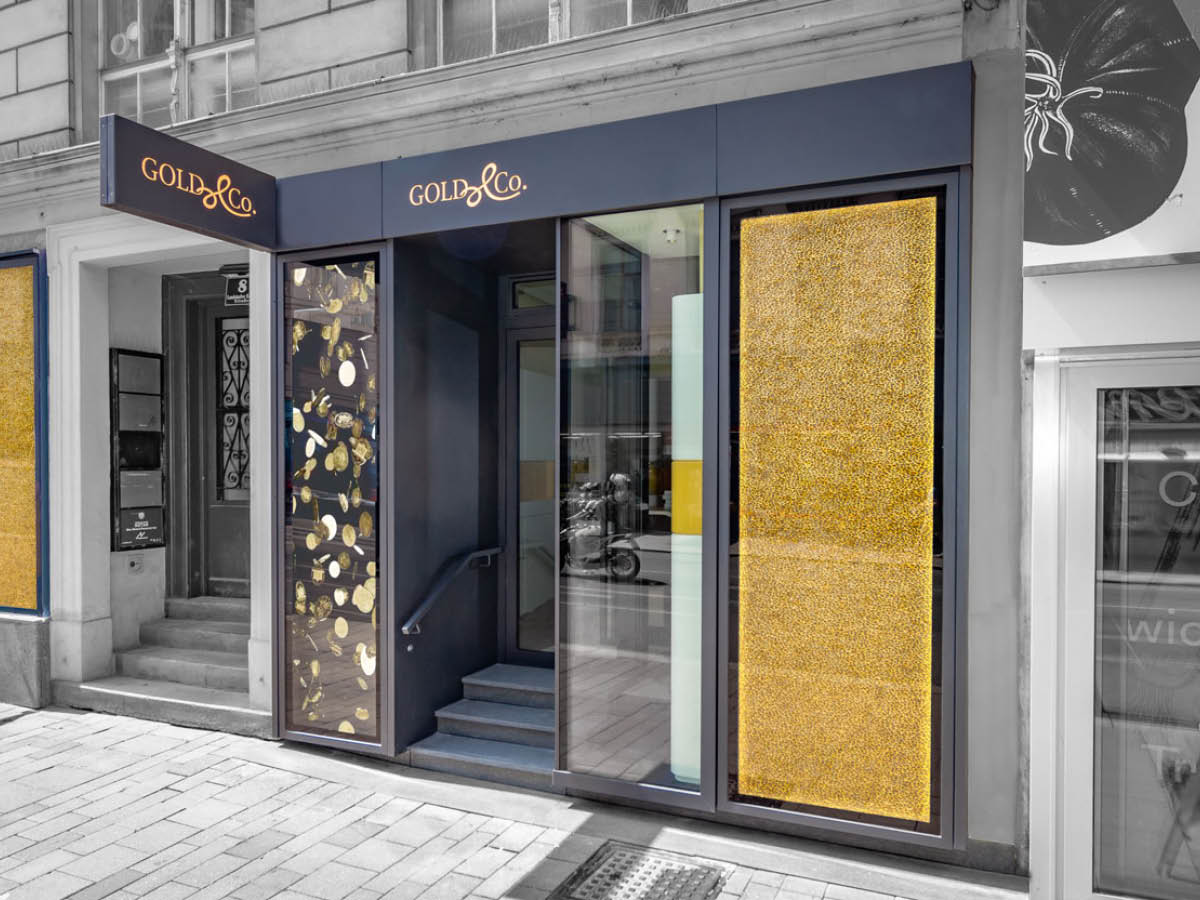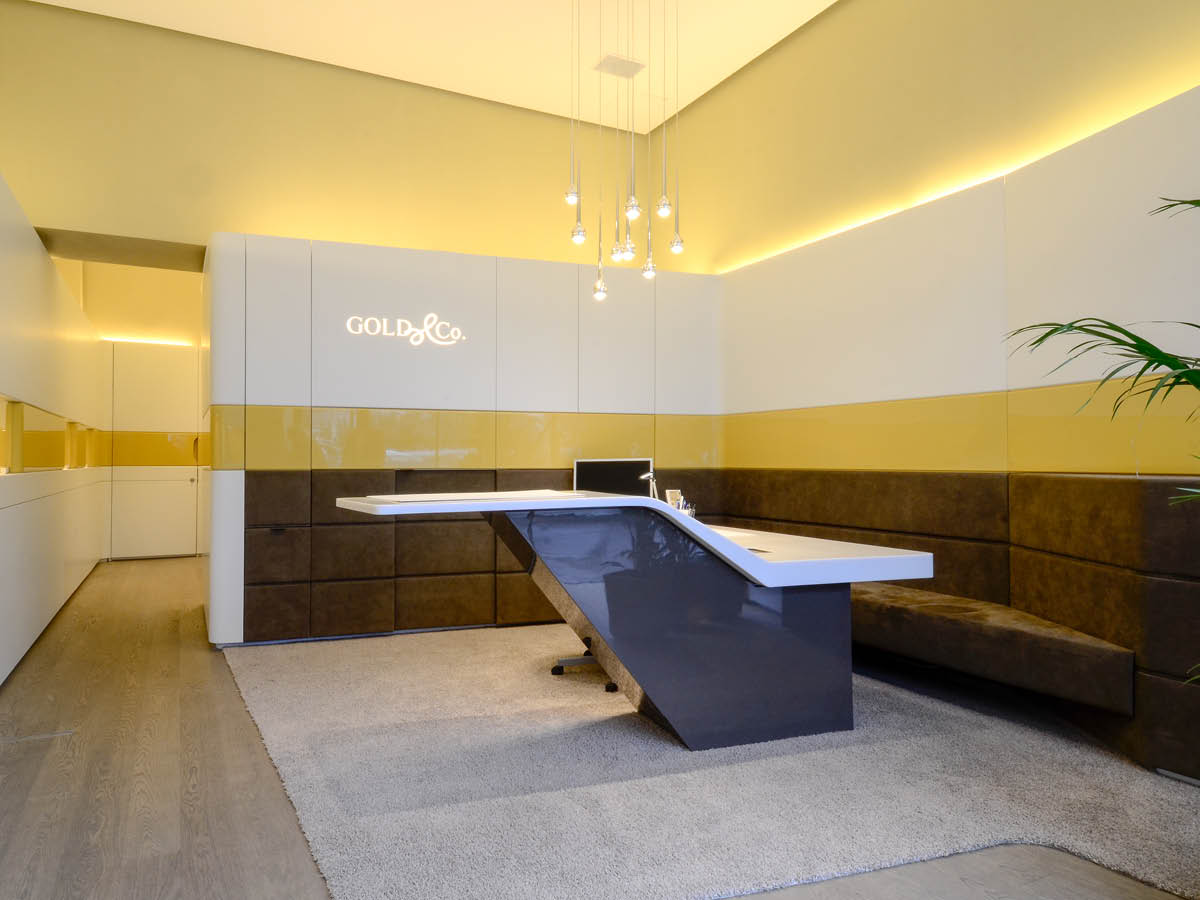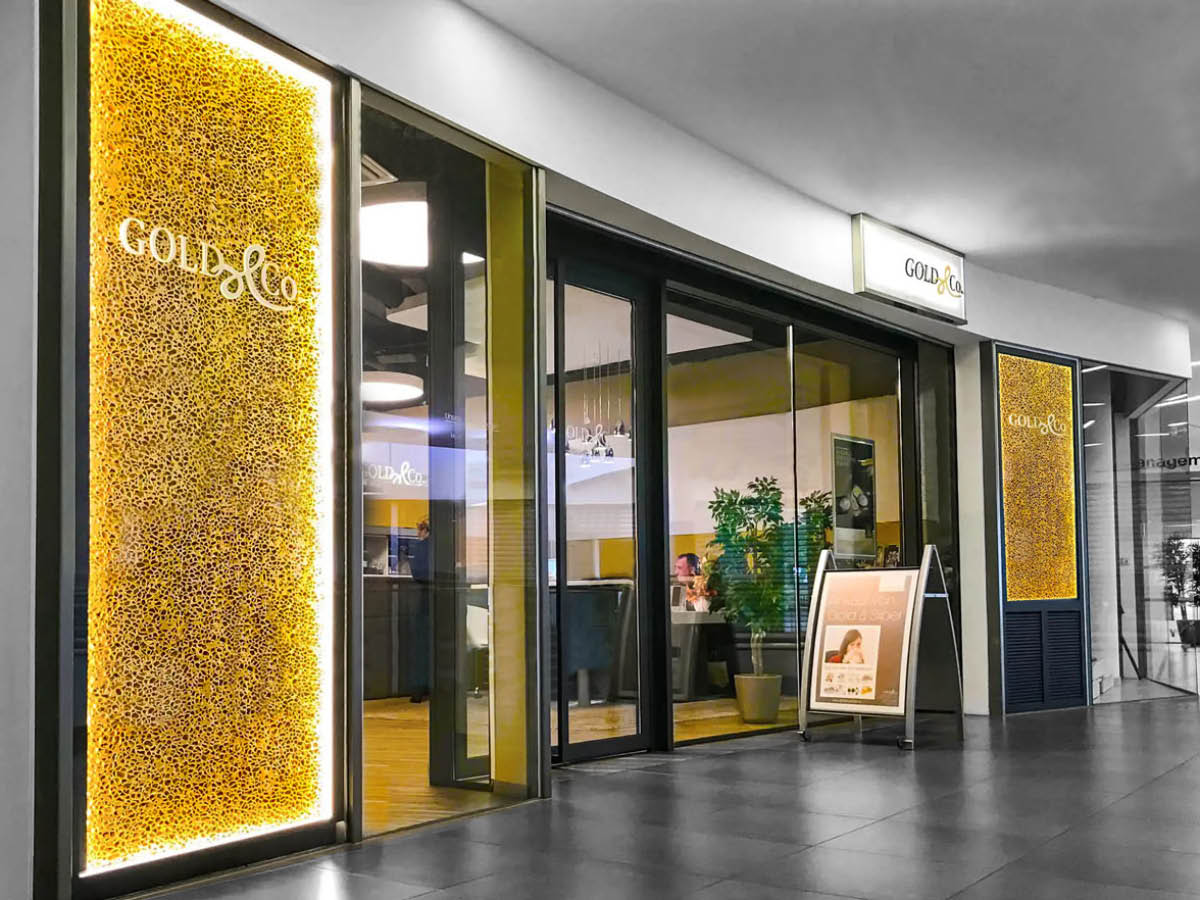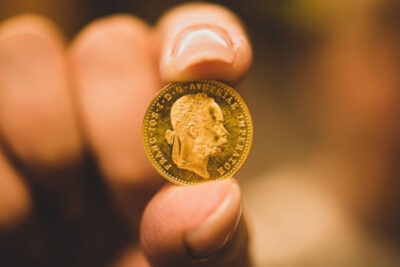
Besonders auf dem Balkan und Süd- und Osteuropa ist es noch heute üblich bei Hochzeiten dem frisch vermählten Brautpaar Goldmünzen zu schenken.
In Kroatien, Serbien, Bosnien und Montenegro bis nach Mazedonien und Albanien, aber auch in Rumänien, Ungarn oder Bulgarien ist dabei der österreichische 4-fach Dukaten das traditionelle Gold-Geschenk. Noch aus k. u. k. Zeiten stammt die Überzeugung, dass die goldene Dukaten Münze, oft auch noch als Gold-Zechine bezeichnet, mit dem Abbild von Kaiser „Franjo Josip“ auch in instabilen Zeiten das Vermögen des Hochzeitspaars zusammenhalten kann.
Österreichischer 4-fach Dukat als traditionelles Geschenk
In vielen unterschiedlichen Hochzeits-Traditionen hat sich der österreichische Vierfach-Dukat bis heute gehalten. Sei es in Form einer Mitgift, als Geschenk der Eltern oder als Hochzeitsgeschenk der Hochzeitsgesellschaft.
Auf der Hochzeitsfeier selbst kommt in vielen Regionen auf dem Balkan die die Braut zu jedem einzelnen Gast um ihn persönlich zu begrüßen und Glückwünsche entgegenzunehmen. Mit dabei ist dann die Trauzeugin mit einem Tablett auf dem ein Apfel liegt. In diesen Apfel steckt bereits ein Golddukaten, den die Brauteltern für das Paar gespart haben. Die Gäste sind aufgefordert ebenfalls ein Goldstück in den Apfel zu stecken oder auf das Tablett zu legen.
In anderen Gegenden werden die Goldmünzen kunstvoll zu Schmuckstücken und prachtvollen Ketten verarbeitet, die beinah die ganze Braut bedecken. In Bosnien dagegen ist es üblich, dass ein Golddukaten als Geschenk des Brautvaters an seine Tochter im Brautgürtel eingearbeitet ist.
Auch der Brauch des “Braut verkaufens” findet sich noch in einigen Regionen in Süd- und Osteuropa. Der Bräutigam kommt zusammen mit Brautwerbern in das Haus der Braut um mit dem Vater oder dem Bruder der Braut einen – heute natürlich symbolischen – Preis auszuhandeln. Dieser Brautpreis wird meist in Gold-Zechinen vereinbart.
Oft ist es in Süd und Osteuropa auch es eine Frage der Ehre und Ausdruck des gesellschaftlich-sozialen und Vermögensstatus, wieviel man dem Brautpaar schenkt. Da die gesamte Hochzeitsgesellschaft dabei zusieht, und niemand „sein Gesicht verlieren“ will, bedeutet ein Hochzeitsgeschenk für viele der verwandten Familien des Brautpaares ein ziemliches Loch in der Haushaltskasse. Nicht selten werden dafür sogar Kredite aufgenommen.
Fälschungen von Vierfach-Dukaten
Aber ACHTUNG! Aufgrund der hohen Begehrlichkeit des Vierfach-Dukatens auf dem Balkan gibt es demzufolge auch sehr viele Fälschungen, die in diesen Ländern verkauft werden! Die Fälschungen reichen von plumpen Fälschungen aus Messing, die etwas dicker als das Original sind, bis hin zu Fälschungen aus 750iger (18 Karat) Gold, die nur schwer zu identifizieren sind. Aus unserer langjährigen Erfahrung wissen wir, dass die Fälscherwerkstätten vornehmlich in Serbien sitzen und ihre Waren über Rumänien, Türkei und die Ex-jugoslawischen Staaten vertreiben, und diese so auch zu uns kommen.
Falls Sie nicht sicher sind, ob Sie tatsächlich ein echtes Goldstück in Händen halten, können Sie versuchen dieses selbst auf seine Echtheit hin zu prüfen. Besser jedoch Sie lassen Ihr Stück von einem Fachmann untersuchen. Nur Edelmetallhänder haben die technische Ausstattung und die Erfahrung auch gut gefälschte Goldmünzen zu erkennen. Selbst Juwelieren fehlt oft das nötige Fachwissen in Bezug auf Goldmünzen.
Zögern Sie nicht mit Ihrem Stück in eine unserer Filialen in Wien zu kommen. Gold&Co. Geschäftsführer Walter Hell-Höflinger ist allgemein beeideter und gerichtlich zertifizierter Sachverständiger für Edelmetalle und unter anderem spezialisiert auf Gold-Fälschungen.
Hochzeitsdukaten aus echtem Gold kaufen
Auch wenn Sie garantiert echte Golddukaten als Hochezeitsgeschenk kaufen möchten, laden wir Sie ein in eine unserer beiden Fililalen zu kommen. Wir verkaufen österreichische 1-fach und 4-fach Dukaten zu Top-Preisen. Aktuell kaufen und verkaufen wir Golddukaten zu folgenden Preisen:
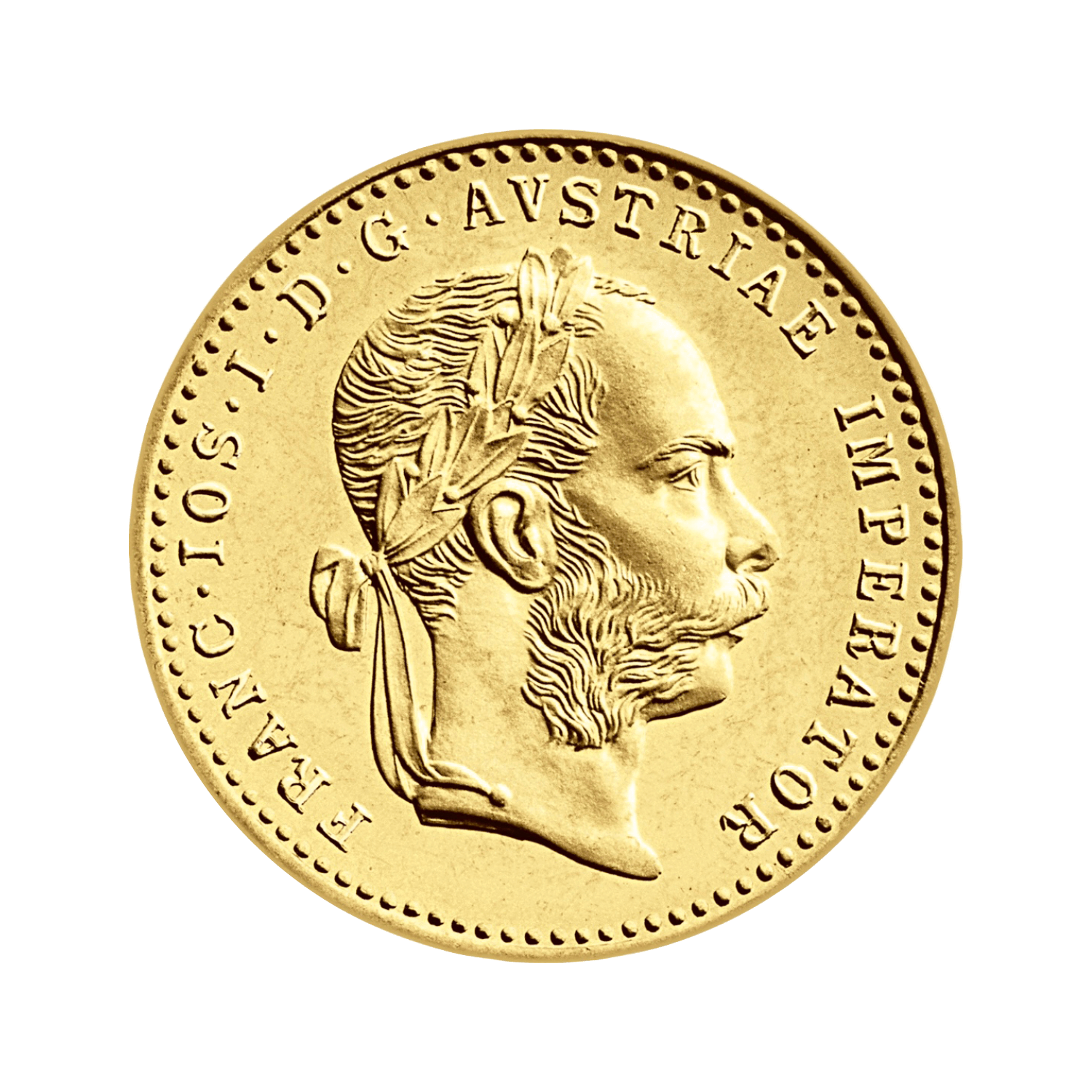
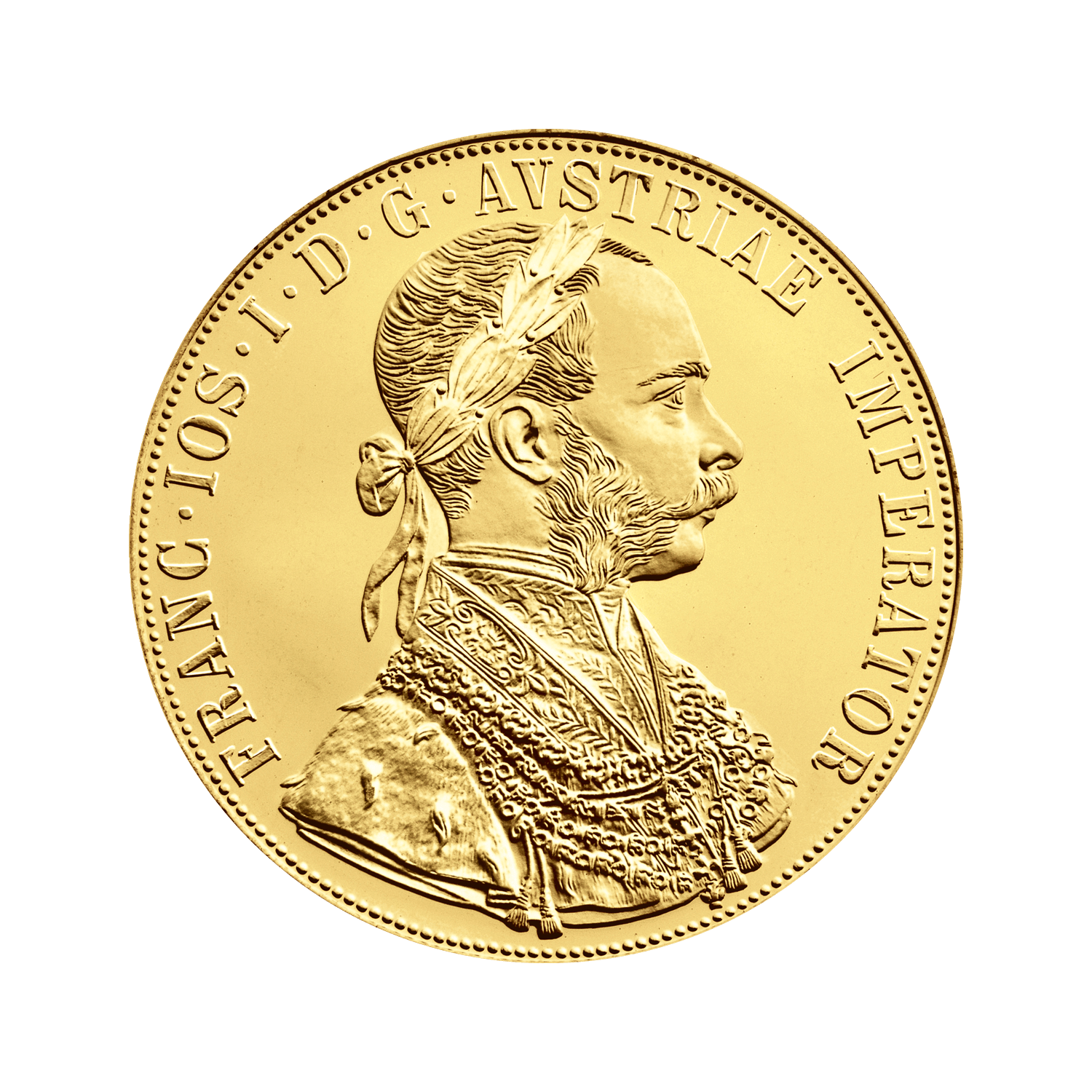
Wie die Kurse anderer Gold-Anlagemünzen unterliegt der Preis der Entwicklung des allgemeinen Goldkurses.

